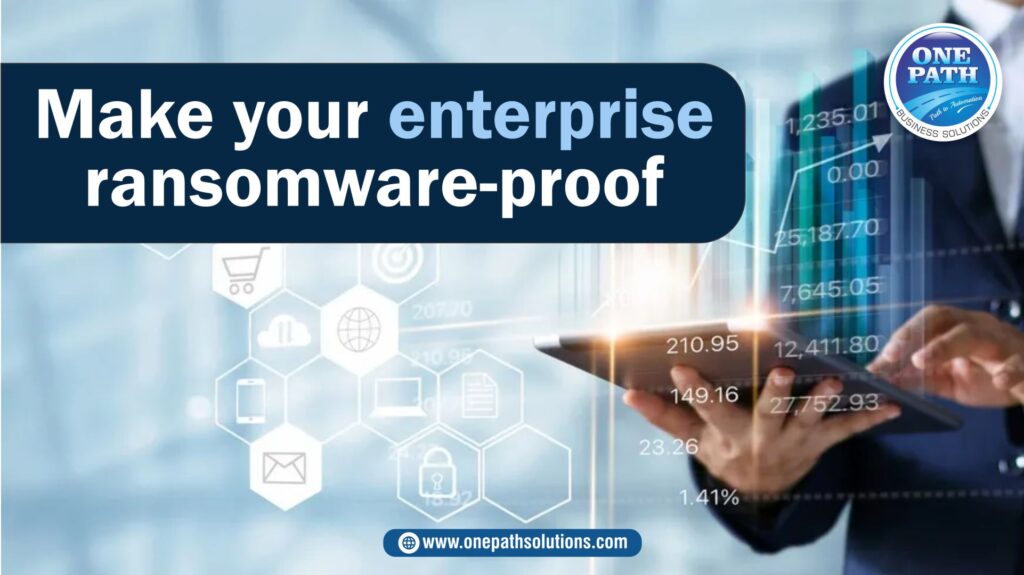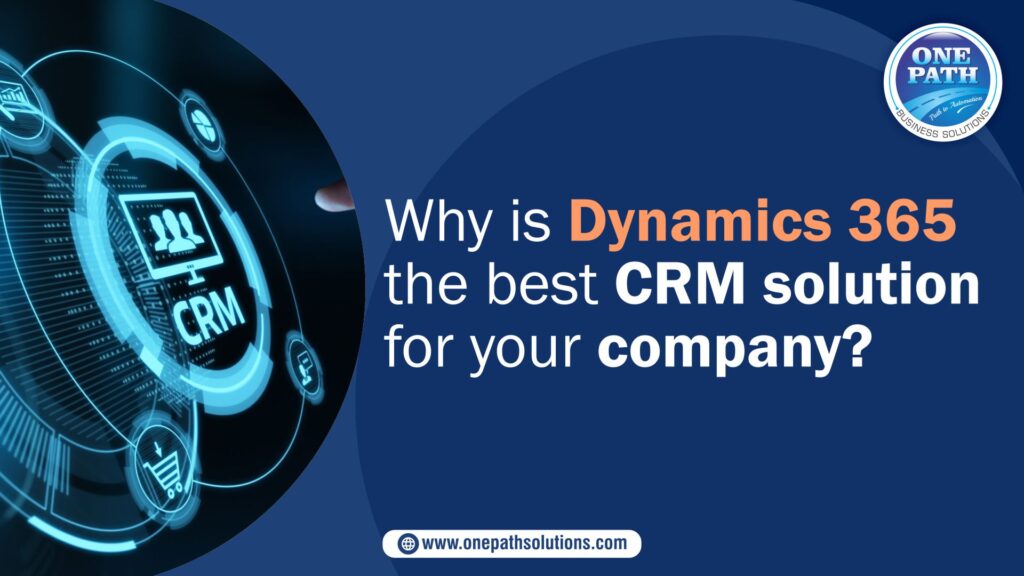Online advertising and Marketing Strategies
Online marketing is commonly referred to as digital marketing and advertising. Because it is typically a more affordable alternative and takes less of an initial investment than many traditional advertising options, small company owners frequently find digital advertising and marketing to be more accessible.
You can create efficient online advertising and marketing activities by having a basic understanding of the markets. You must create a digital strategic plan and a digital marketing strategy for your company before beginning online advertising and marketing. Some companies will execute all of their online marketing and advertising. Some people will combine this with older folk of marketing and advertising. Craft a strategy that incorporates the most likely marketing channels after considering where your clients are most likely to learn about you.
Let’s examine a few online marketing concepts:
- Fast Marketing: also known as Paid Marketing. The goal of fast marketing is to saturate the market by concentrating promotions into a brief period of time. It was previously thought of as a marketing tactic that blended intense real-world promotion with extensive product samples. However, this strategy lost a lot of its appeal as a result of the fragmentation of TV advertising brought on by the growth of the Internet.
- Slow Marketing: Knowing what drives your customers away allows you to develop a targeted communications plan to reduce loss. Your organization may prepare for slow marketing by segmenting customers, crafting relevant messages, evaluating the channels to employ, and checking for gaps in your digital marketing strategy.
- Geographical marketing: Customers in specific locations receive targeted marketing messages and information thanks to geographical marketing. It’s a productive, quantifiable technique to boost revenue. Clients being physically closer to your store are more likely to interact with you. It helps businesses enhance customer relations, can help attract new customers with tailored introductory offers, and convert impulses to sales.
- Landing pages: A landing page in online marketing is the initial page that occur more commonly after hitting a link in your online marketing materials. It differs from the front page of your website. For various advertising campaigns and target markets, you can develop various landing pages
An effective landing page can:
- gather information about potential customers, including as names, contact numbers, and e – mail addresses, to produce customer leads and an email record.
- Targeting offerings to the demands of particular groups of your target market will enhance conversions and revenues and enable you to adapt future marketing based on the information you acquire from the landing pages.
- By enabling you to make various offers and monitor the efficiency of each offer to determine which is the most effective, you can optimise your marketing.
- Content marketing and blogging: A blog is a collection of web articles that are related to marketing and are of relevance to you and your target audience, such as your products, your subject of expertise, or your company. Your ideal customer should be interested in a blog post (or article). The ultimate goal is for readers to find it so fascinating that they connect to your blog from other websites or social networking sites. By consistently posting new, original content to your blog, you can easily and affordably publish new content on your website, improve search engine rankings for your business, drive traffic to your site, encourage return visits from your target audience, and welcome new audience who use blog-related search terms.
- Email marketing: Email marketing is a method of advertising that involves sending emails to your address book or network of existing clients.
Email marketing is a simple and inexpensive technique to:
- greater sales
- keep users informed and motivated
- boost repeat business.
One Path Business Solutions are Innovators who are shaping the future of Business, Technology and the Web.



